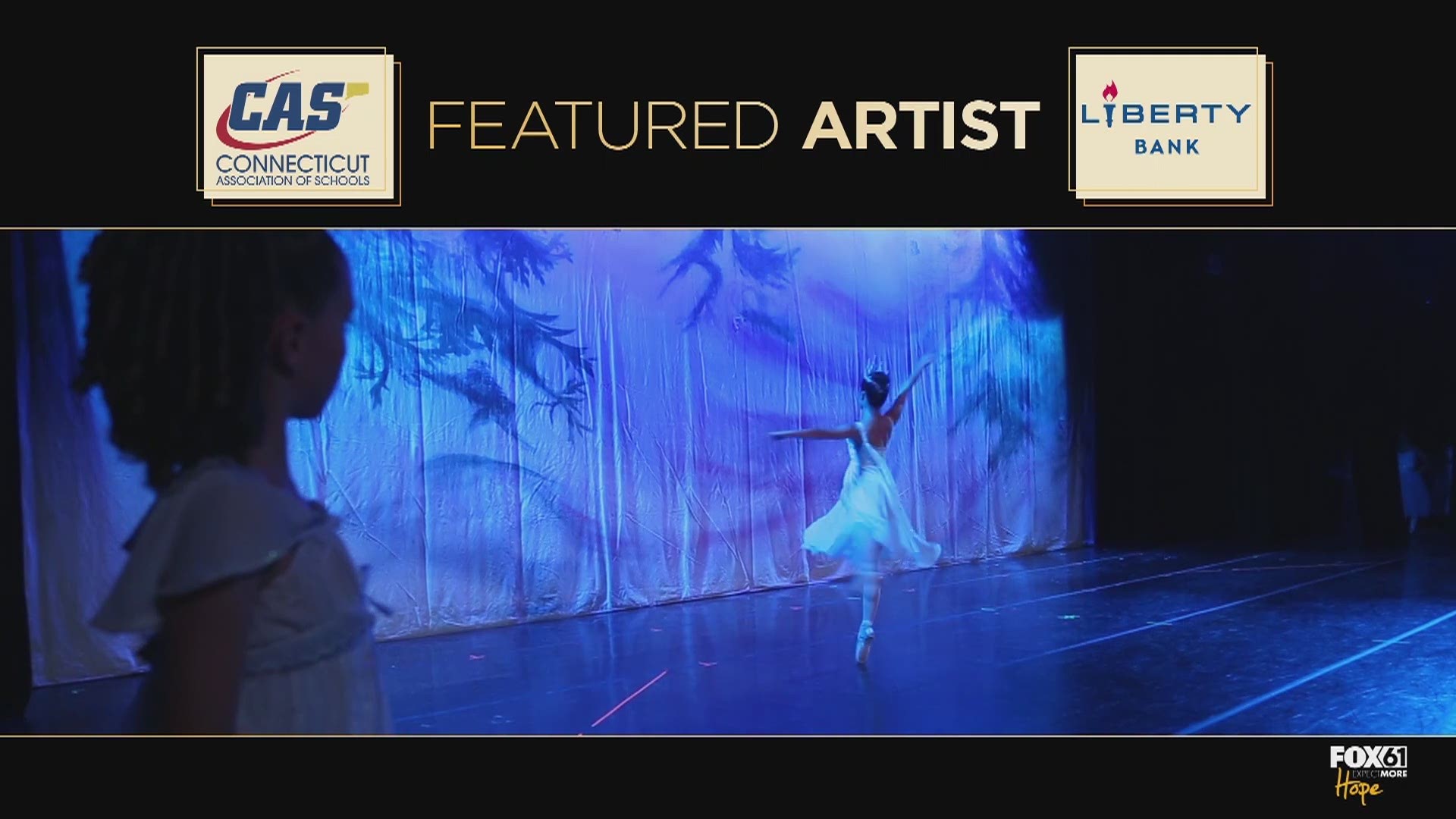ATLANTA — Many were surprised and disappointed at the recent announcement that Gladys Knight will perform the national anthem at this year’s Super Bowl in Atlanta. Some football fans, particularly African-Americans, have expressed disdain at the NFL’s treatment of former 49ers quarterback Colin Kaepernick, who has filed a grievance accusing the league of colluding to keep him off the field after staging a protest against police brutality. The refusal of artists to perform at this year’s Super Bowl has become the latest litmus test for the “woke” generation.
There are perhaps myriad reasons why Knight chose to perform at this year’s Super Bowl. The 74-year-old “Empress of Soul” and Georgia native issued a statement saying, “I’m proud to use my voice to unite and represent our country in my hometown of Atlanta.” There will be those who will look cynically at Knight’s decision, but in a career that has spanned 60 years, she will have access to the largest audience of her career. Knight has long been committed to social causes such as the United Negro College Fund (UNCF), the Children’s Diabetes Foundation, and AIDS research, appearing on the classic single “That’s What Friends Are For” (1986) with Elton John, Dionne Warwick and Stevie Wonder. In my view, Knight is driven not by the desire for some late career resurgence, but by the traditions that produced her.
Knight came to prominence in the 1960s as the lead vocalist of Gladys Knight and The Pips, recording during the first part of her career for the Motown label, which marks its 60th anniversary this year. She emerged at a time when soul music wasn’t just a channel on satellite radio or a playlist for the parents of millennials. Back then, soul was a sound that closed the racial divide in the country. As the record label’s founder, Berry Gordy, described it, Motown wasn’t the sound of black America, but “the sound of young America,” as the phrase appeared on every one of Motown’s albums and singles. When Aretha Franklin sang songs like “Respect” and “Spirit in the Dark,” the sounds resonated well beyond the churches that cultivated her talents. Perhaps Knight is hoping to tap into that spirit at a time when some might believe that racial tensions are as pronounced as they were during the black protest movement of the 1960s.
It is also important to remember that not all performances of the national anthem or songs like “America the Beautiful” are seen by everyone as affirmations. When José Feliciano sang the “Star-Spangled Banner” at the 1968 World Series and when Marvin Gaye performed it at the 1983 All-Star Game, those performances were perceived by some as forms of protest, because of the ways in which they reinterpreted the original version. Feliciano has said that it wasn’t his intention for his performance to be a protest, but many people felt differently.
Other performances have made subtler statements. When Whitney Houston performed the anthem at the Super Bowl in 1991, she turned the song into a pop hit and brought a level of musicality to the song that argued for the right of African-Americans to claim it. And Ray Charles’ iconic recording of “America the Beautiful” (1972) said as much about African-American demands for full citizenship as did the protests that defined the era.
With a career that includes singular classics such as “I Heard It Through the Grapevine,” “Neither One of Us” and “Midnight Train to Georgia,” Knight has more than earned the right to decide how she can best contribute her talent at this critical moment in American life. I, for one, look forward to witnessing her share those talents with the nation and the world.



